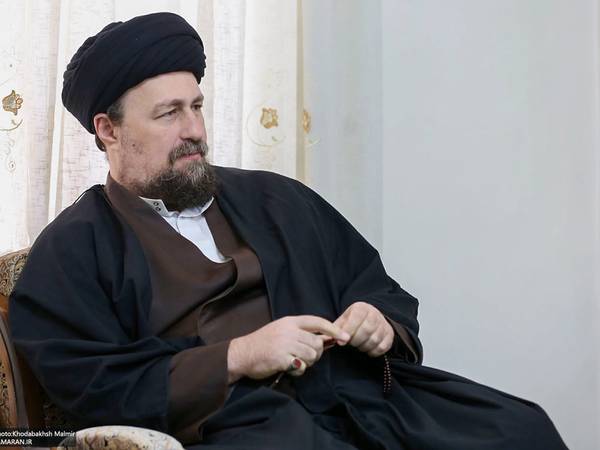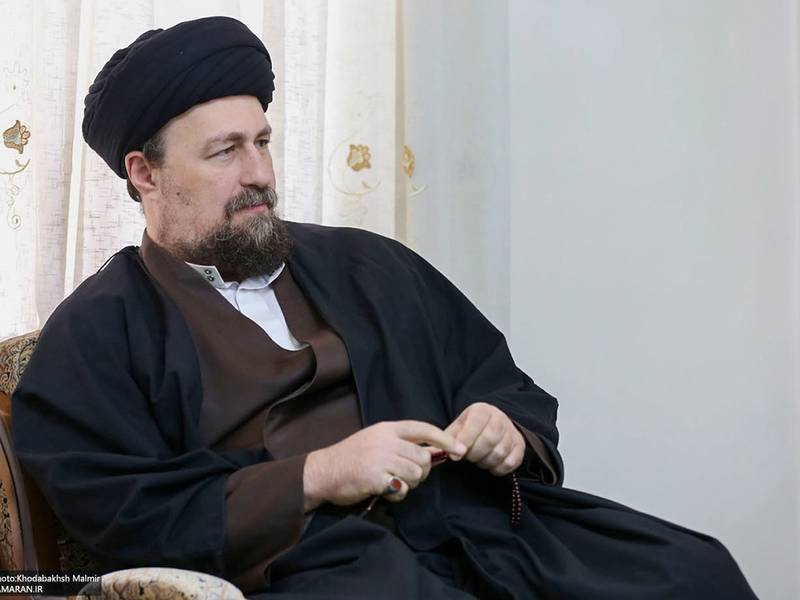Hassan Khomeini, the grandson of the founder of the Islamic Republic, Ruhollah Khomeini, has issued a warning about rising dissatisfaction within Iranian society.
Hassan Khomeini highlighted a shift in perspective, stating, "We used to say that the country's crisis is because of inefficiency. Now we must step up one level. The issue is that there is a crisis of general public dissatisfaction. There is no doubt that a large portion of society is unhappy."
He referred to the profound impact of worsening socio-economic factors, saying, "Any tree whose fruit is poverty and deprivation is a wicked tree."
Economic challenges have been a prominent driver of discontent, as a 40-50 annual inflation rate, unemployment, and economic instability have plagued the nation. Despite possessing vast oil and gas reserves, mismanagement, corruption, and stringent international sanctions have hindered growth and contributed to widespread poverty.
Iranians, particularly those from marginalized communities, have felt the brunt of the economic hardships, leading to frustration and disillusionment with the government's ability to address their basic needs and improve living standards.
In addition to economic woes, political dissatisfaction has been a central issue in Iran, fueled by grievances over perceived government corruption, lack of political freedoms, and restrictions on civil liberties.
The dominance of conservative factions within the political establishment has also stifled dissent and limited opportunities for meaningful participation in the decision-making process. The crackdown on political activists, journalists, and human rights defenders has further eroded public trust in the government and fueled calls for reform. Many Iranians feel marginalized and excluded from the political sphere, leading to a growing sense of alienation and disenchantment with the ruling authorities.

